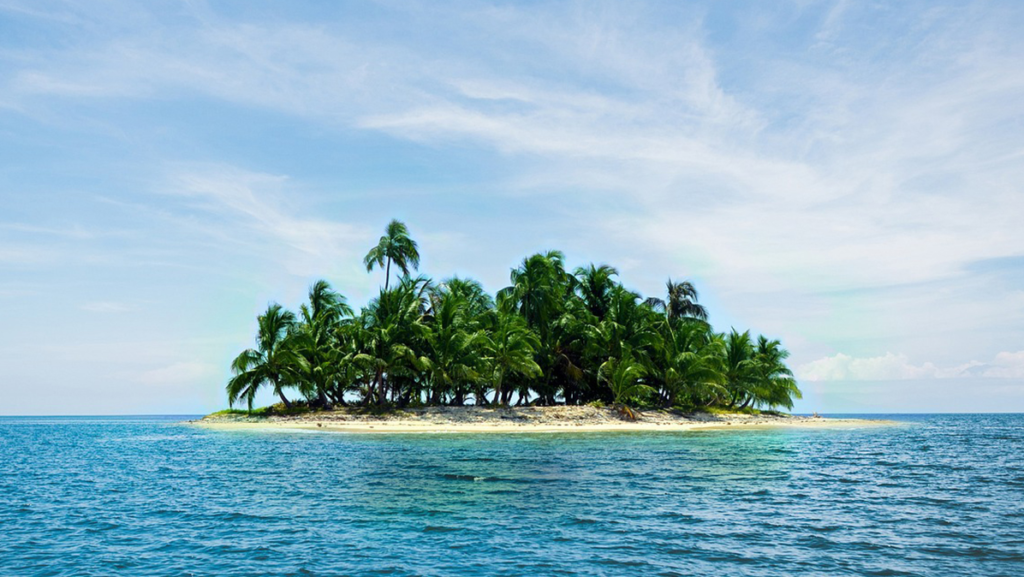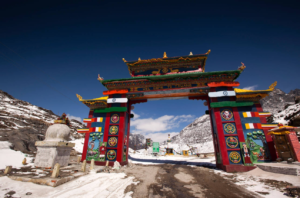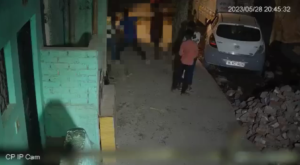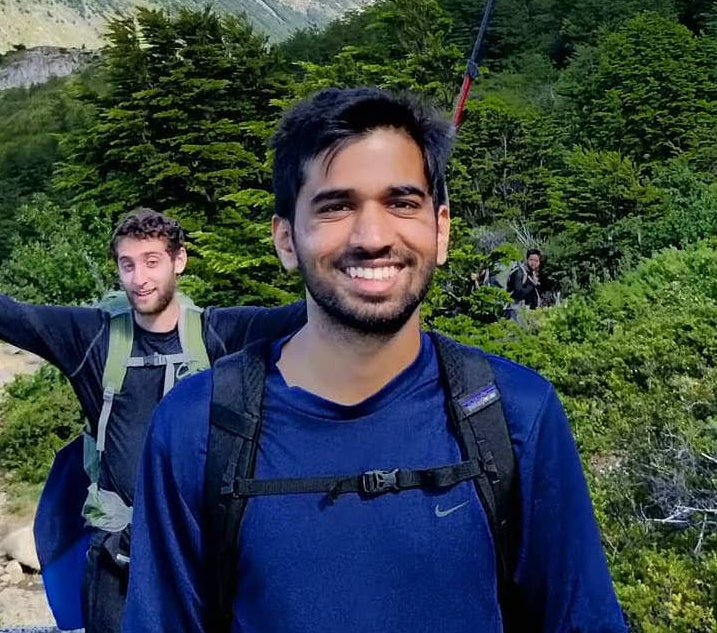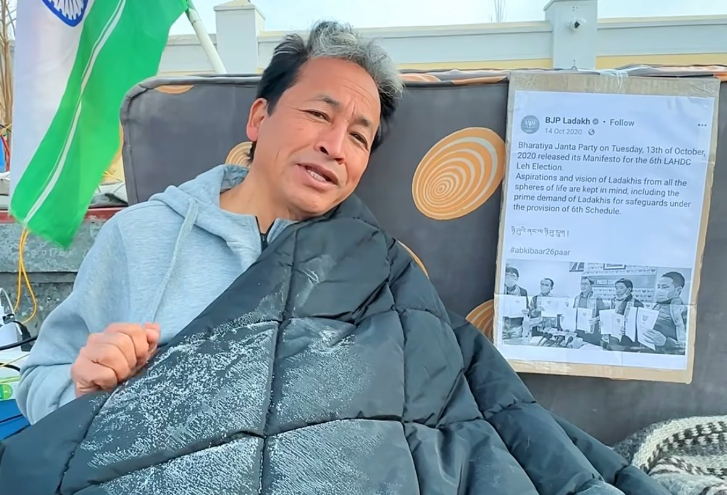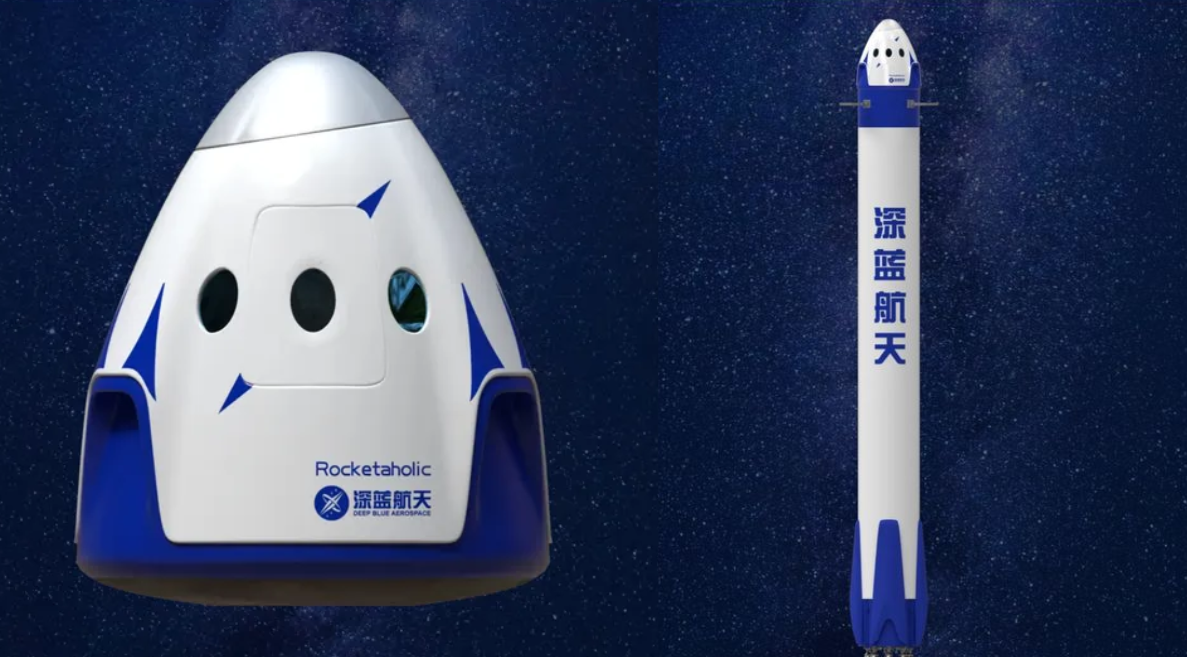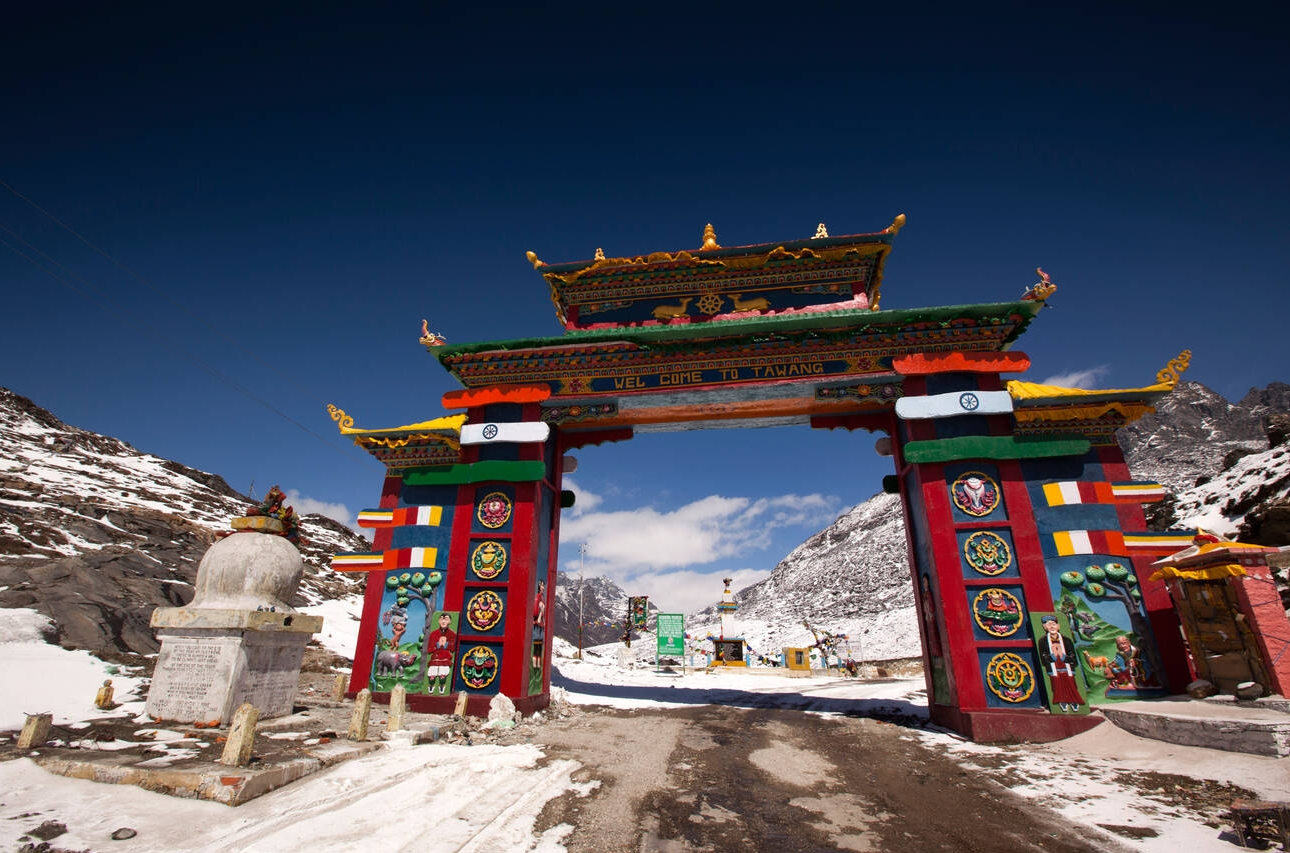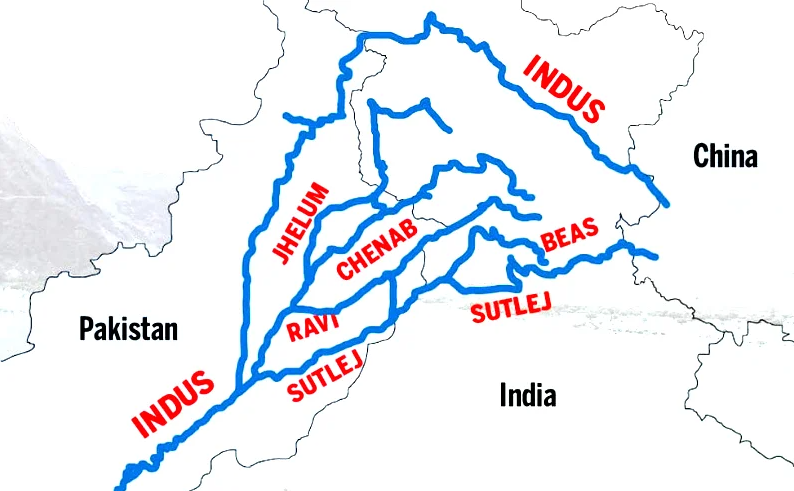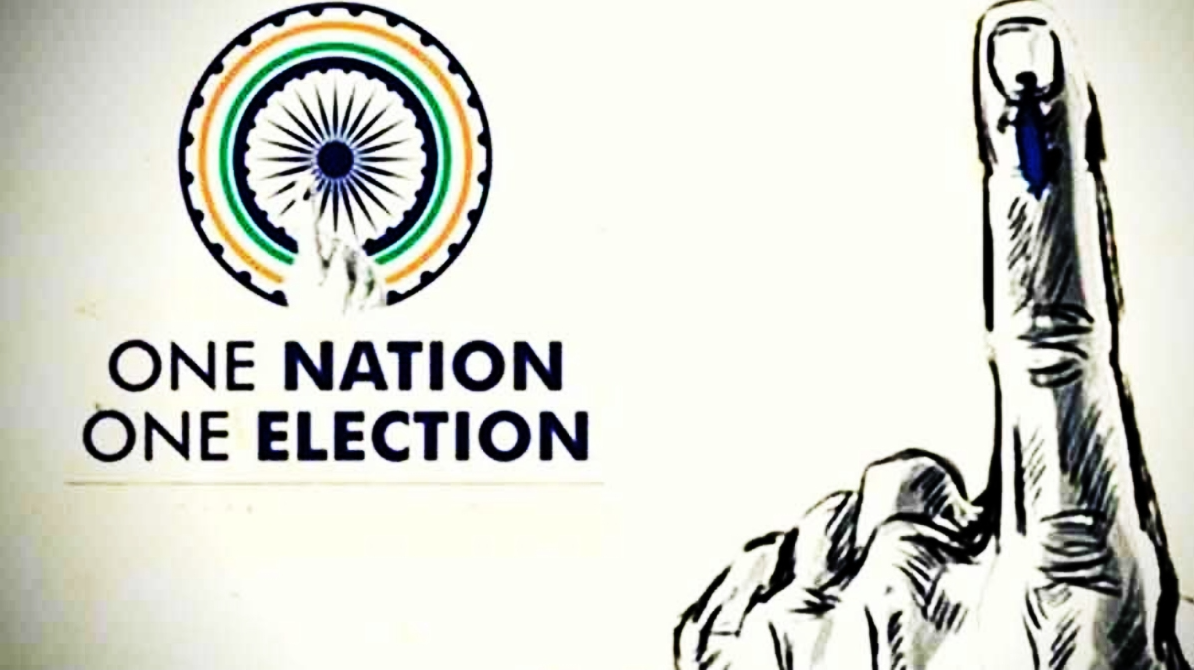External Affairs Minister S. Jaishankar has stirred controversy by asserting that the public has a fundamental right to understand the circumstances surrounding the transfer of Katchatheevu Island to Sri Lanka. The island, which lies in the Palk Strait between India and Sri Lanka, has been a contentious issue for decades.
Historical Context of Katchatheevu Island
In 1974, India and Sri Lanka entered into an agreement that delineated their maritime boundary. As part of this agreement, Katchatheevu was placed on the Sri Lankan side of the boundary. However, the transfer of the island has been a matter of debate and concern ever since.
Detention of Indian Fishermen
Jaishankar highlighted the plight of Indian fishermen who have been detained by Sri Lanka. Over the last two decades, 6,184 Indian fishermen have been apprehended, and 1,175 Indian fishing vessels have been seized by Sri Lankan authorities. These incidents underscore the urgency of finding a resolution to the Katchatheevu issue.
Political Responsibility
The External Affairs Minister criticized both the Congress and the DMK for mishandling the Katchatheevu issue. He emphasized that these parties approached the matter as if they bore no responsibility. Jaishankar stated, “We know who did this, what we don’t know is who hid it.” He further asserted that the public deserves transparency regarding the island’s transfer.
Fishing Rights
Notably, in 1976, India gave up the fishing rights of Indian fishermen in the waters around Katchatheevu. This decision came after an assurance to the Indian Parliament that fishing rights would be safeguarded under the 1974 agreement. Jaishankar called for a comprehensive dialogue with Sri Lankan authorities to address this complex issue.
A Live Issue
Jaishankar clarified that the Katchatheevu issue is not a sudden development. It has been a subject of correspondence between the union government and the state government. The matter has also been debated in parliament and Tamil Nadu circles. The External Affairs Minister urged a pragmatic approach to finding a solution.
In conclusion, the public’s right to know about the historical context and decision-making process behind the transfer of Katchatheevu Island remains a critical aspect of this ongoing debate. As tensions persist, a transparent and informed discussion is essential to resolve this longstanding issue.


